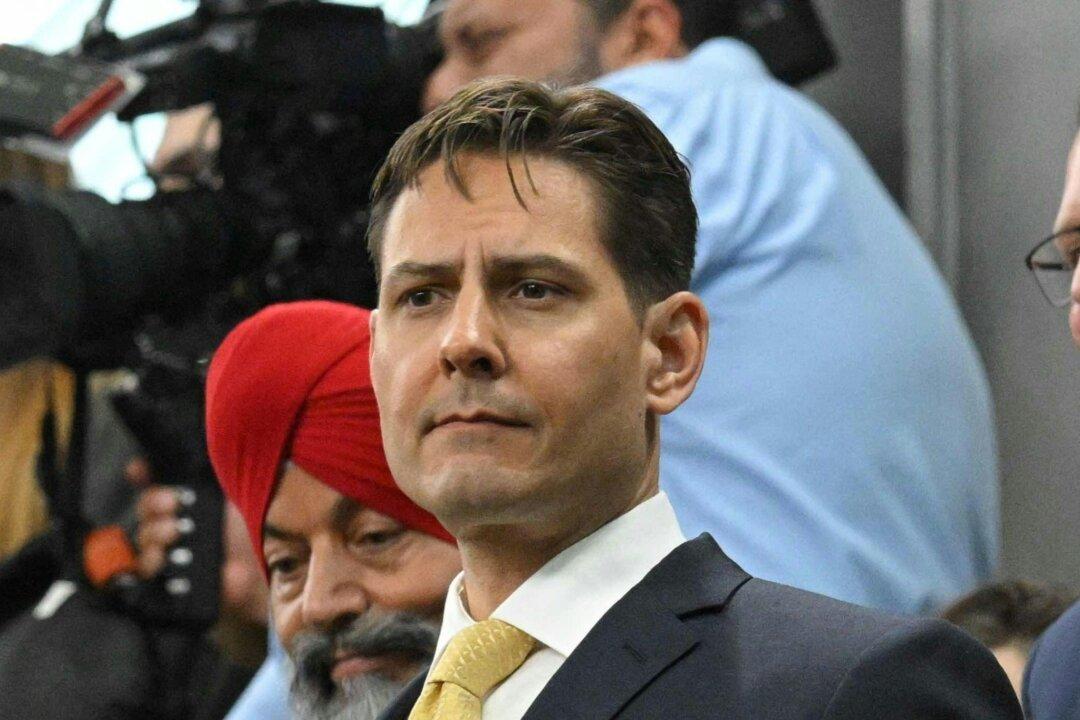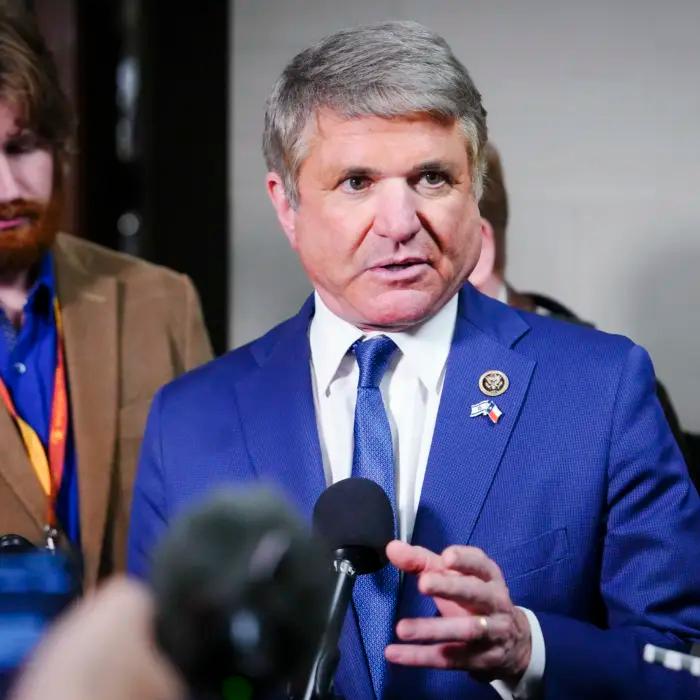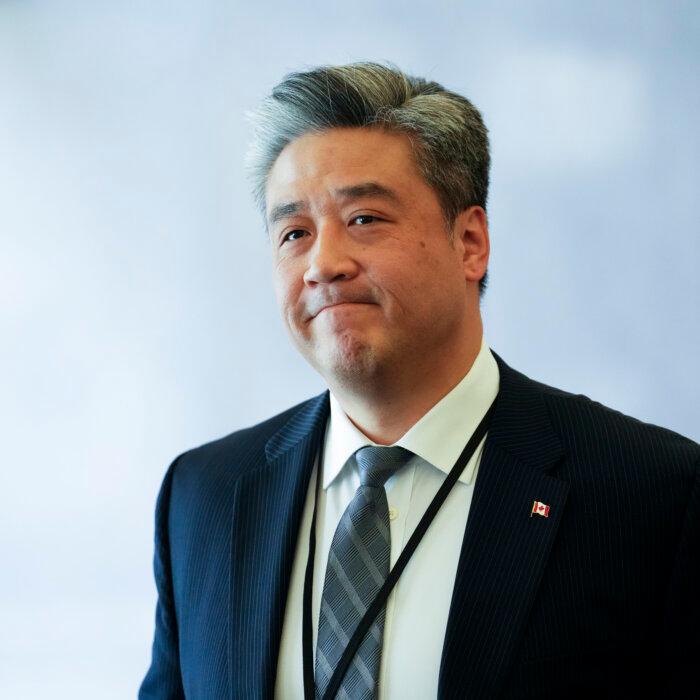Three years after his release from captivity in China, Michael Kovrig recounted in his first public interview the torment he endured from the communist regime.
Speaking to CBC’s Adrienne Arsenault, the former Canadian diplomat disclosed how he was forcibly pulled away from his partner, who was six months pregnant. He was then blindfolded, taken to a cell, and subjected to various forms of physical and psychological torment.
“It was ... absolutely the most gruelling, painful thing I’ve ever been through,” he said. “It’s a combination of solitary confinement, total isolation, and relentless interrogation for six to nine hours every day.”
“I overestimated the Chinese Communist Party’s reasonableness, and I underestimated their ruthlessness,” he said.
Detention and Confinement
Kovrig recounted the night of his detention vividly, recalling that he was grabbed around 10 p.m. after dinner with his partner in an area called Sanlitun Soho in Beijing.As the couple walked near his apartment, a dozen “men in black” suddenly surrounded them. They snatched away Kovrig’s phone, pinned his arms, and forcibly separated him from his partner. He was then handcuffed, pushed into a black SUV, and blindfolded.
“Before they pushed me into the car, I looked back at my partner. We made eye contact for a split second,” Kovrig said, recalling that he tried to indicate to her to stay safe. “I don’t know when I'll ever see [her] again.”
Kovrig said he was taken on a drive, which he estimated lasted about 45 minutes, to a facility in southern Beijing. He counted the seconds, trying to gauge the distance. Upon arrival, he heard the crunch of gravel, barking dogs, and the clang of a gate before being led into a building.
Inside, Kovrig found himself facing a man with thick glasses, lit by harsh fluorescent lights. The man told Kovrig that he was under suspicion of endangering China’s state security and that he was “going to be interrogated.”
“A chill went down my spine, and that was not a good moment,” Kovrig said.
Kovrig was later led to a padded cell without windows, where he then spent nearly six months in solitary confinement and was subjected to prolonged interrogation. He reported experiencing “a lot of physical stress,” such as being locked into a chair for hours on end, and he lost about 10 kilograms in just the first month due to a reduction in food rations.
‘From Hell to Limbo’
After some time, Kovrig was moved to a larger cell that he shared with a dozen Chinese cellmates. He described this transition as “moving from hell to limbo.” The new space featured high ceilings with daylight coming in through acrylic plastic windows. That was where he spent the next two years in detention.Kovrig said he found solace in books, including a Chinese dictionary, which allowed him to transform his perspective.
“I’m not a hostage, I’m not a criminal, not any of the other things [the Chinese Communist Party CCP is] falsely accusing me of. I’m a monk in a cell. I’m just a student of the world, a student of philosophy, a student of Chinese,” he said.
He reported writing letters to his family and long notes for his daughter, whom he had never seen, expressing his love and marking milestones like her first birthday, being careful to convey his feelings in ways that would evade the guards’ scrutiny.
Michael Spavor
Another Canadian, Michael Spavor, was also detained in China shortly after Meng’s arrest. Kovrig said he did not know that Spavor was detained until he was interrogated by Chinese authorities, who pressed Kovrig for information about the “most useful and informative foreigners” he had interacted with regarding China.Kovrig said he viewed Spavor as a tour guide running a travel agency that specialized in trips to North Korea. He noted that Spavor did not speak Chinese and was not someone who could provide expert insights on China. Kovrig said the interrogators had “absolutely no evidence” to support their questioning and quickly moved on, recognizing there was nothing substantial to pursue.
Spavor and Kovrig were both released in September 2021, coinciding with Meng’s release on the same day.
When asked about Spavor’s allegation, which reignited concerns about him being a spy, Kovrig expressed disappointment.
‘They Wanted Hostages’
Reflecting on his ordeal, Kovrig said that Ottawa should be “better prepared and have a strategy” if it’s going to take actions that might upset a foreign country and put its citizens at risk of detainment.He pointed to the Chinese regime’s willingness to use hostage diplomacy, regardless of whom it might target.
“[Beijing] wanted hostages, and they wanted to grab somebody, and if I hadn’t been there, it would have been someone else,” Kovrig said. “One small comfort I take away from that actually, is that probably I spared somebody else from that ordeal by going through it myself.”







